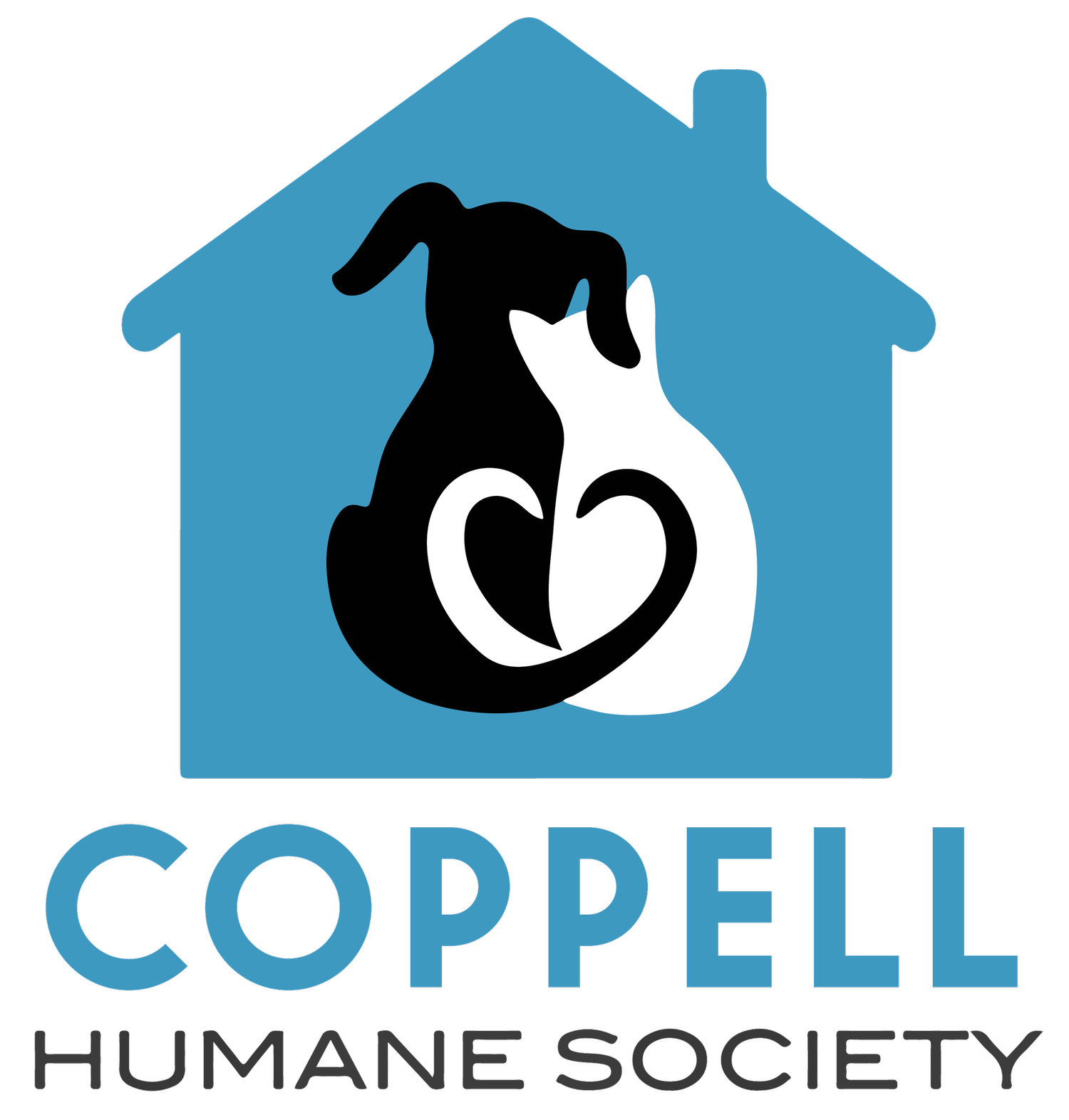Planned Giving
A variety of tax-advantaged financial tools are available to support nonprofits like Coppell Humane Society. Many of these gifts cost you nothing during your lifetime, but give you the chance to make a significant impact on homeless animals now and into the future. They may also have benefits to you and your family. The following is not intended as financial or legal advice, but is meant to make you aware of possible options to consider either now or in the future. Please consult with your financial advisor for more information. Read on below to learn more about some of these options. If you are interested in exploring any of the below or other planned giving options for supporting Coppell Humane Society, please reach out to us at donations@coppellhumanesociety.org.
Donor Advised Funds
Financial services companies such as Fidelity Charitable and Schwab Charitable have made it much easier for individuals to create donor advised funds with the benefit of further increasing impact to charities. You can make contributions to a donor advised investment fund that will grow over time and increase giving power for grants given to your favorite charities like Coppell Humane Society.
Bequests
Remember Coppell Humane Society in your will or trust. Making bequests to charities can help you and your family avoid estate taxes and ensure that you control where your resources go. You can include Coppell Humane Society in your will by designating a specific gift amount or asset, or setting a fixed percentage.
Qualified Charitable Distributions (QCDs)
Also known as IRA rollovers, qualified charitable distributions (QCDs) are a method of using IRAs to maximize charitable impact - donors 70 ½ years or older can give up to $100,000 to charities from their IRAs tax-free. Retirement accounts grow significantly over time - if given to a nonprofit charity, these accounts are not typically taxed.
Life Insurance
A life insurance plan can be a valuable asset once your family no longer needs the security the plan provides during your peak earning years. Insurance proceeds given to charity are not typically subject to estate taxes. You can add or change beneficiaries of retirement and insurance plans by filing a form directly with the provider.
Appreciated Property
Donors can contribute appreciated property, like securities or real estate, receive a charitable deduction for the full market value of the asset, and pay no capital gains tax on the transfer.
